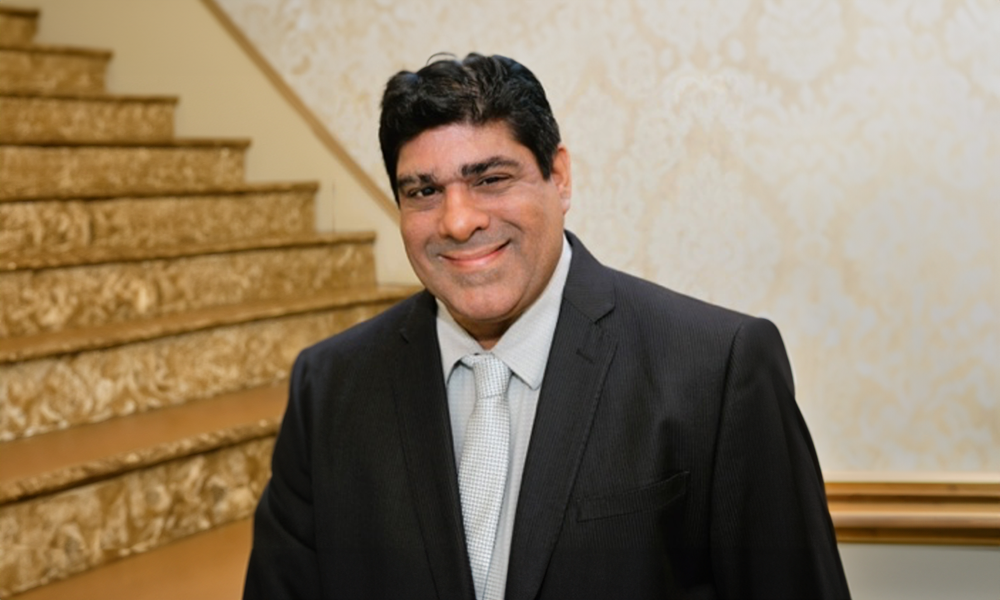What started as a typical summer research program in Boston, MA for undergraduate engineering students, turned into the opportunity of a lifetime for Western New England University senior Kwasi Amofa from Glastonbury, CT. Amofa was recently accepted to participate in research as a prestigious Fulbright Scholar. Recipients of Fulbright awards are selected on the basis of academic and professional achievement, and their record of service and leadership potential in their respective fields.
Amofa spent the summer of 2016 doing research at the Massachusetts Institute of Technology (MIT), where one of his mentors (previously a Fulbright Scholar) encouraged Amofa to apply to the highly respected program. The application process was rigorous, however, Amofa had the support he needed from his faculty advisor and several faculty at Western New England University.
“The support that I received from my professors was tremendous. They were a great help in putting together my application and all the other requirements,” Amofa explained. “My education at Western New England prepared me to dive into the research environment, and my advisors helped me discover the type of research I wanted to pursue, which is a critical first step.”
Amofa will spend next year in the Netherlands working on a new project to bioengineer a cornea, the eye’s outermost layer, which could potentially have a great impact on medical treatment. He will work with a group of researchers across many disciplines, including engineering, biology, chemistry, and material science, which Amofa believes will make the experience even more enriching.
“Kwasi Amofa is an exceptional student and a rigorous young researcher,” remarked Hossein Cheraghi, professor and dean of the College of Engineering at Western New England University. “We are excited for this opportunity he has received, and we know he will make the most of it as he works with top researchers from various other institutions in the Netherlands next year.”
The Fulbright Program, which began in 1948, is funded through an annual appropriation by the United States Congress to the U.S. Department of State, and managed by the Bureau of Educational and Cultural Affairs. Participating foreign governments and host institutions also provide support.





